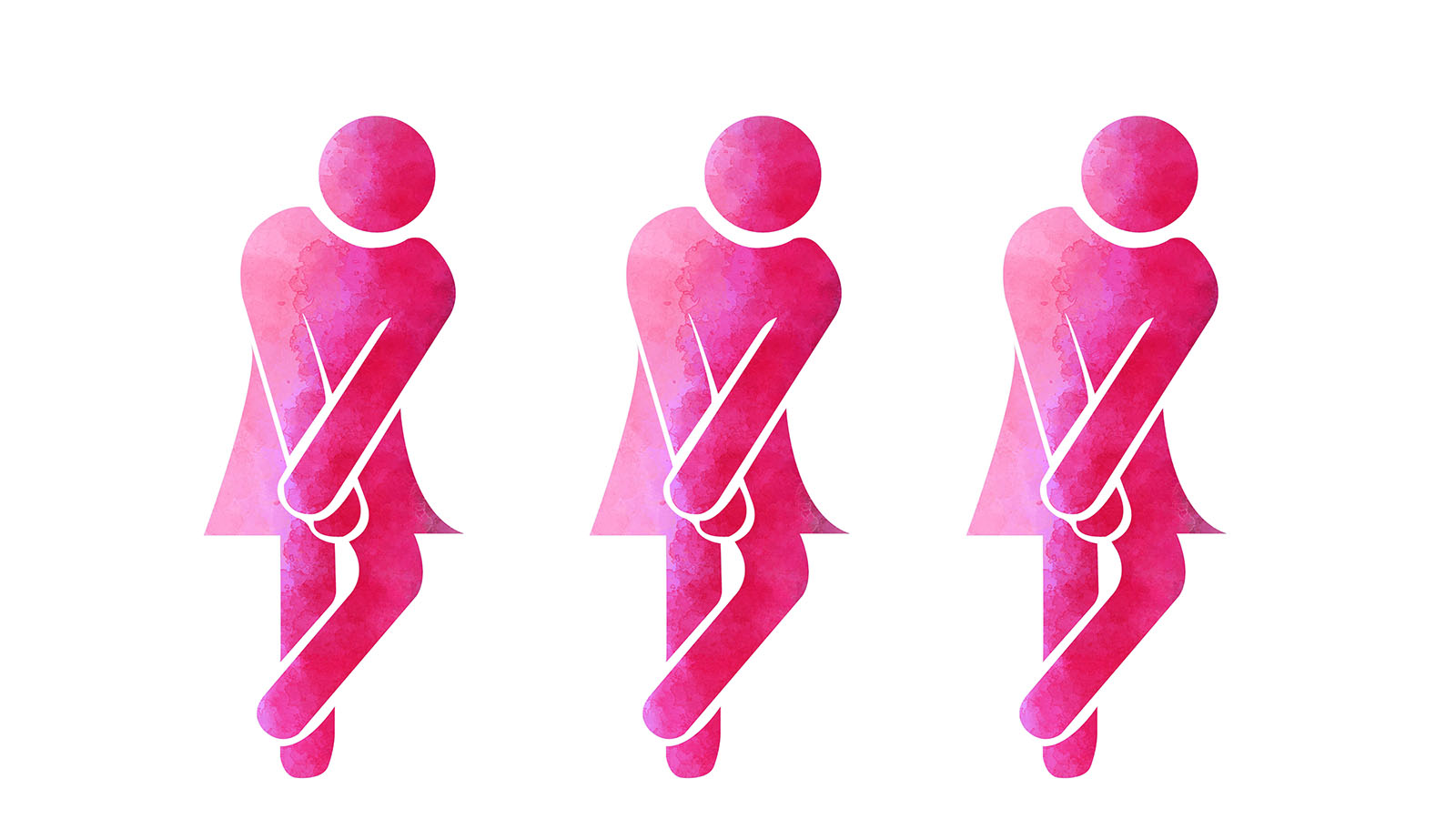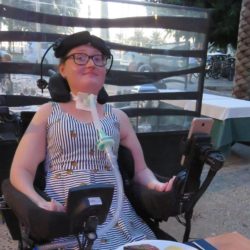Conquering the world of incontinence – Oui, oui!

Isobel Sale, Undergraduate Student, Bachelor of Arts (French and Linguistics)
*Project supervised by Dr Lena Jaspersen, Dr Dani Barrington and Dr Lata Narayanaswamy*
 This summer I learned that urinary incontinence (UI) affects around 50% of women during their lifetime. After studying and focusing on languages for most of my education, when I applied for the Q-Step Internship Scheme I did not expect to find myself so engaged in a project on this topic! It turns out that trying to break the stigma of UI is my jam!
This summer I learned that urinary incontinence (UI) affects around 50% of women during their lifetime. After studying and focusing on languages for most of my education, when I applied for the Q-Step Internship Scheme I did not expect to find myself so engaged in a project on this topic! It turns out that trying to break the stigma of UI is my jam!
I got an email, like all of my fellow 2nd years, about an opportunity to get an internship with Q-Step. I got an interview for one of my – language related, obviously – applications, but didn’t get the internship on the grounds that I didn’t have much research experience. I was pretty upset because I wanted to get a research post in order to get research experience, but I didn’t have research experience so I didn’t get the post. Ironic much?? I then got rejected from both of my other applications and I wondered if this frustrating cycle was the end of my hope of a career in research.
BUT…
We then got another email saying that three new posts had just opened up, I was very excited so I looked at them immediately. None of them were language related. However, one was entitled “Taking the embarrassment out of health problems: looking at experiences of women with urinary incontinence”. As an insecure tetraplegic female with multiple health problems including urinary incontinence, I thought I would have a look at this. Reading the brief on it made me realise that incontinence is a huge deal for lots of people, but the stigma behind it causes so many sufferers to just hide. I applied for it straightaway and got an interview, but I was so convinced that there would be so many medical students who could easily get the post instead of me that, even after the interview, I told myself I was unsuccessful. But I got it!
My project leaders Lena, Lata, and Dani are interested in the social and emotional impact of urinary incontinence on women, and suspected that online forums would be a good way to uncover some of the less-talked-about emotions going on. Their first suggestion was the public forums on Mumsnet in order to, hopefully, reveal some of the postpartum problems that commonly occur. They were so right!
The Q-Step scheme involved one week’s intensive training on statistics and research analysis methods (a lot of people told me that it might be boring, but honestly, it was SO COOL!). After that, during the four weeks of the internship in which we did the research, working closely with skilled and experienced researchers, the first thing I had to do was read several research articles on the topic, and also on research methods. Reading these articles really fired me up and made me determined to try to make a difference and use all of my relevant skills to make the most out of the opportunity. After this, I could start doing proper research using online forums to draw information out and discover more about the topic. I was amazed when my project leaders were impressed with my work! I had a pretty sweet deal: I could work from home, use any program or method I liked, work at any time of day, as long as I did the work – I was very happy and felt very confident that I could do the job well, thanks to my awesome project leaders!
The more I got into it, the more I noticed that the findings were incredibly interesting. For each negative experience or feeling regarding urinary incontinence that a Mumsnet user would share, there were about 5 or 6 comments of companionship from other users; Mums wishing each other well, thanking each other for various offerings of advice and reassurance, as well as a huge range of expressions showing the notion of “you’re not alone”. This reinforced to me the importance of such online forums, if only for the emotional well-being of sufferers of UI. I genuinely believe, from the in-depth reading I did of these online forums, that they can be the preliminary stages of breaking the stigma of urinary incontinence! They may have their downfalls, but the information I managed to gather from the threads I read really show that they can be so important for just opening up and finding people who understand.
Lena, Lata, and Dani invited me to speak at a couple of workshops they organised, entitled: “Breaking the Silence on Urinary Incontinence”. The workshops were only small groups, as it was difficult to recruit participants since it is such a sensitive topic. However, it was such a positive and liberating experience as the safe space we provided enabled everyone to speak freely and completely openly about incontinence. My language learning actually helped me as well – every topic we study in languages we do presentations almost every week, so I felt confident to present my findings from the internship project. I was told that I presented well (thank you all of my previous, present, and future language teachers!), and that I showed some promising results. So I guess I can say I have helped make a start to break the silence, we just have to keep going!
In that respect, I am so happy that I am able to continue with the project, working with the amazing Lena and Dani to produce a published piece of work and help with the next steps of research, based on what I’ve uncovered. I’m hoping that I can also use my linguistics to analyse the conversations that I’ve read with a view to understanding as much as I can about the entangled emotions linked to UI.
It seems crazy that I was so excited by analysing these conversations on a topic that is filled with despair and misery, but I think this project has given me so much hope that I can help sufferers, including myself, not only by breaking the silence but also – hopefully – by spreading the news of different remedies and by generally raising awareness in order to lighten the burden which urinary incontinence holds over so many people. It felt so good to break the silence at the workshops, and the more work I do on it, the more I know things can be done and the more confident I am in the future goal of un-stigmatising the stigma that is around this topic!
